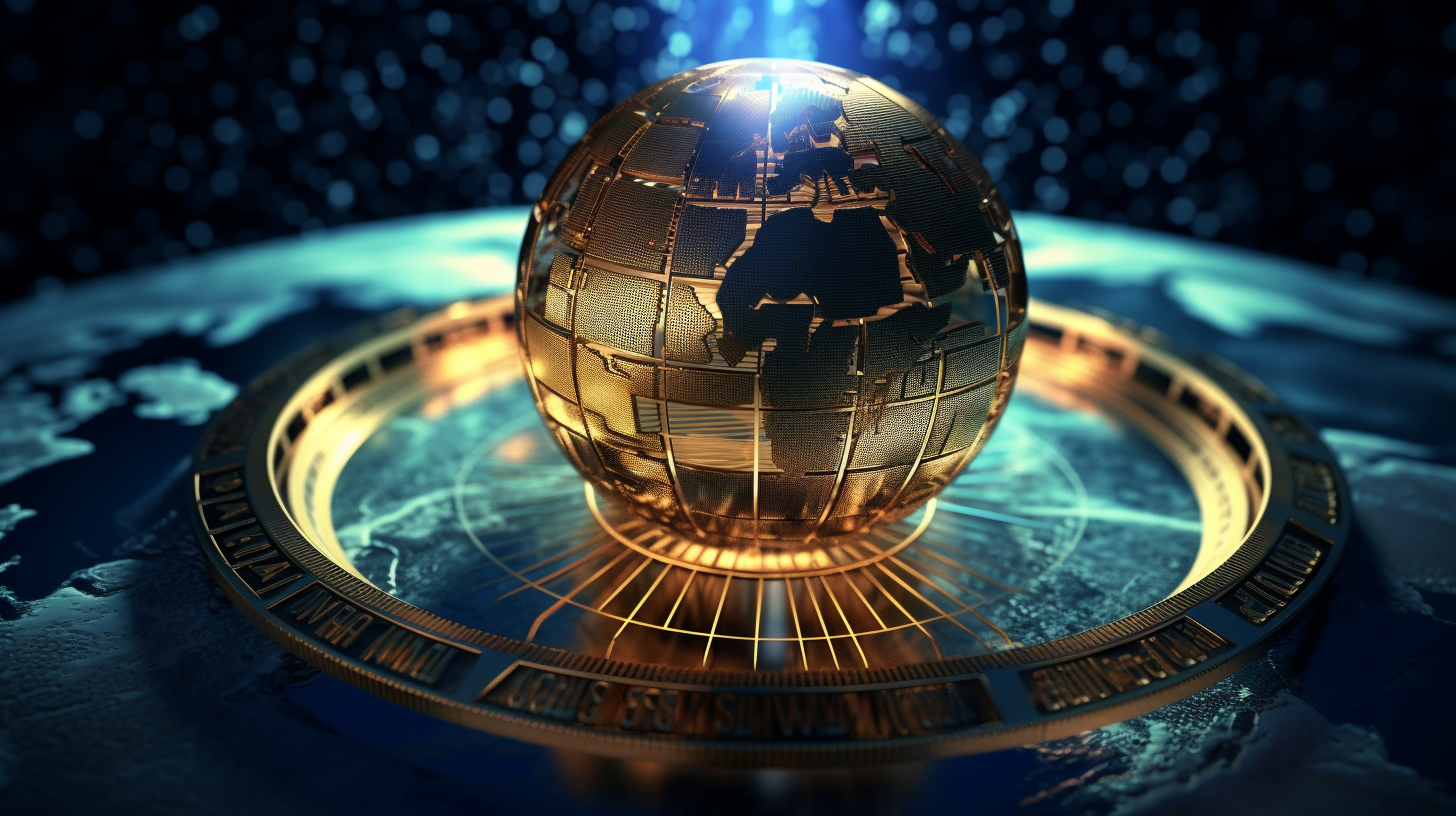Imagine a world where the cumbersome layers of trade bureaucracy are peeled away, revealing a sleek, efficient system coordinated not by officials in tailored suits, but by lines of code and collective decision-making. This is the promise of Decentralized Autonomous Organizations, or DAOs, in the realm of global trade—a world where agreements are executed with the precision of smart contracts and trust is built on blockchain transparency.
DAOs, with their roots nurtured in the fertile soil of blockchain technology, have the potential to redefine international commerce. Their core tenet lies in the power of decentralized decision-making, sidestepping the bottlenecks of central authorities and delivering democracy to the digital domain. The question we’re untangling today is: Will DAOs streamline global trade more effectively than traditional government structures?
Smart Contracts: At the heart of a DAO’s potential in trade are smart contracts—self-executing contracts where terms are written into code. They ensure all parties adhere to the terms without prejudice or delay, laying the groundwork for transactions that could see cargos shipped with the speed of digital consent rather than the sluggish grind of paperwork.
Economic Ecosystems: DAOs also give rise to tailored economic ecosystems. Communities can mint their own tokens, incentivizing trade practices that align with their collective ethos, whether focusing on environmental sustainability, fair labor practices, or otherwise. They embody the ideal of ‘vote with your wallet,’ ensuring that only the most transparent and ethically sound businesses thrive.
Dispute Resolution: Judicial entanglements across borders can be nightmarish. DAOs, however, can potentially employ arbitration built into the blockchain. Distributed consensus models can swiftly and fairly settle disputes, avoiding the need for drawn-out legal battles and enhancing certainty in trade.
Borderless Operations: Global trade coordinated by DAOs may well prove to be a reality where borders are less significant. Transactions on the blockchain don’t see nationalities; they recognize only the binary concreteness of a deal done or undone. This borderless operation facet of DAOs could upend traditional notions of tariffs, quotas, and trade wars.
Yet, challenges loom, echoing concerns from our recently published ‘Decentralized Nations – A New Era of Crypto Governance’. The volatility of cryptocurrencies, cybersecurity threats, and the digital divide remain formidable obstacles on the path to a DAO-driven trade utopia.
Global Governance Interplay: How will governments respond to the rise of DAOs? Will there be a harmonious interplay or a clash as the old grapples with the new? The symbiosis of DAOs and traditional government could pave an evolutionary road for global trade dynamics, or it might spark a revolution that would see the latter become relics of a bygone era.
Concluding Thoughts: As we stand at the cusp of a potential crypto-economic renaissance, it’s clear that DAOs offer compelling arguments for transforming global trade. Their efficiency, transparency, and adaptive nature pose as bountiful boons. But, just as the explorers of yore, we must navigate the seas with cognizance of the storms ahead.
